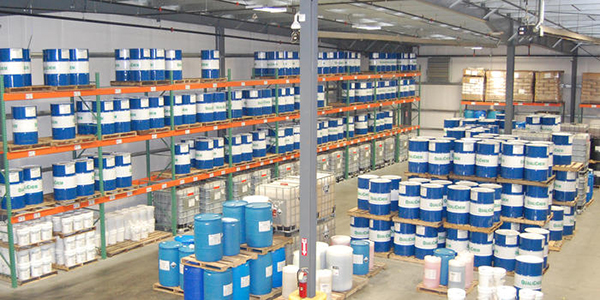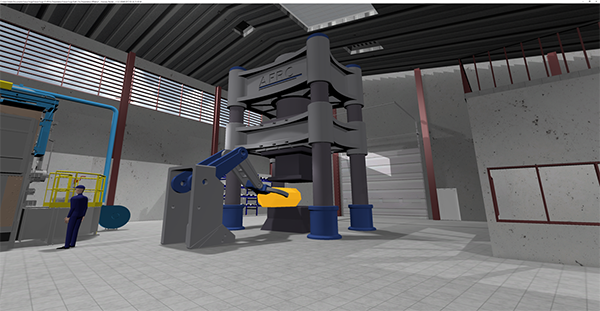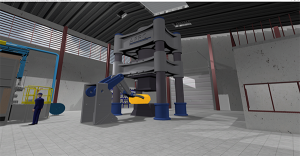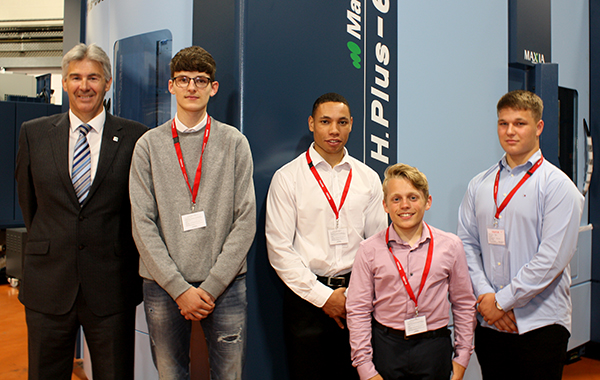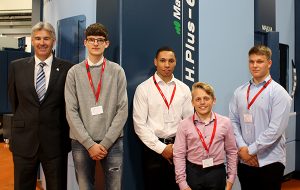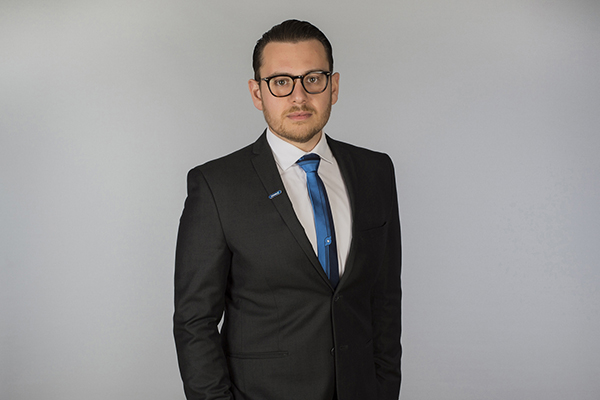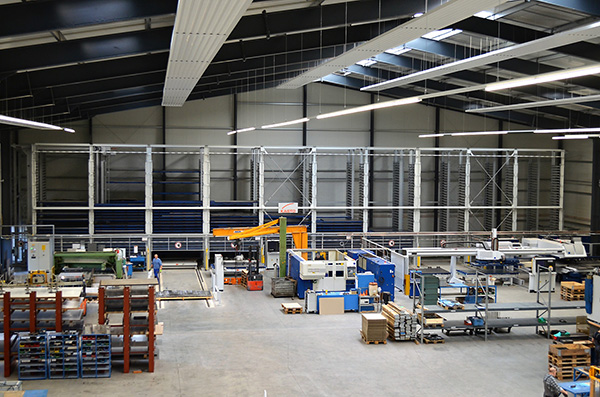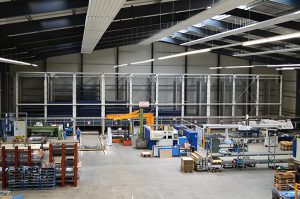Yushiro Manufacturing America Inc and QualiChem Inc have announced a global strategic partnership in metalworking fluids.
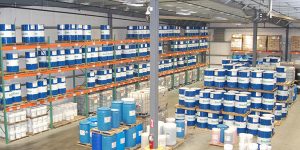
QualiChem will continue to be led by its current leadership team of Glenn Frank as president and Dennis Butts as executive vice president.
The partnership will allow Yushiro and QualiChem to leverage their respective portfolios, R&D efforts, supply chains and manufacturing capabilities to expand each company’s technologies, products and services to the global metal working and water-treatment markets.
For further information www.qualichem.com






